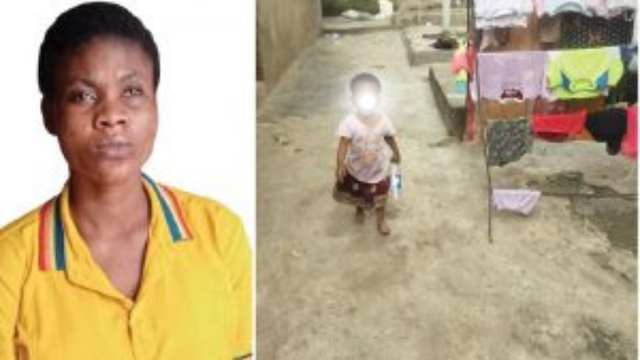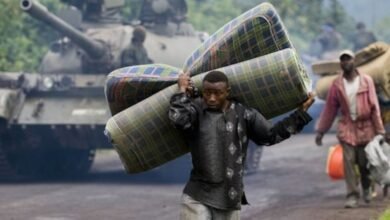Zero Discrimination Day 2025: Standing Together for Equality and Inclusion

Zero Discrimination Day, observed annually on March 1st, is a global call to uphold the right of every person to live free from discrimination. Established by UNAIDS in 2014, the day highlights the ongoing struggles against inequality, stigma, and exclusion in various sectors of society, including healthcare, education, and legal systems. It is a reminder that discrimination, whether based on HIV status, gender, race, disability, or social background violates fundamental human rights and must be eradicated.
In 2025, the theme “We Stand Together” emphasizes the urgent need to support community-led initiatives, particularly in the fight against HIV/AIDS. While this campaign calls for collective action, children remain some of the most vulnerable victims of discrimination, especially those living with or affected by HIV/AIDS.
The Silent Victims: Children and HIV/AIDS
Despite advancements in medical treatments, 1.7 million children were living with HIV in 2023, with many facing extreme discrimination, inadequate healthcare, and social exclusion. This stigma not only prevents them from receiving necessary treatment but also affects their right to education, psychological well-being, and future opportunities.
Without consistent global support, these children are at risk of:
- Limited access to life-saving treatments due to stigma in healthcare settings.
- School exclusion, as many are denied education or face bullying.
- Social isolation due to misconceptions about HIV transmission.
- Higher vulnerability to abuse, neglect, and trafficking, especially in regions with weak child protection laws.
Zero Discrimination Day must serve as a platform to amplify the voices of these children and push for policies that ensure their rights and dignity are upheld.
The Impact of U.S. Funding Cuts on HIV/AIDS Programs
For decades, the United States has been a leading contributor to global HIV/AIDS efforts through PEPFAR (The President’s Emergency Plan for AIDS Relief) and funding for UNAIDS. However, the recent decision to terminate U.S. funding to UNAIDS has introduced a major setback in the fight against HIV/AIDS, particularly for children in low- and middle-income countries.
Consequences of Funding Cuts
- Increase in child mortality rates due to reduced access to antiretroviral therapy (ART).
- Disruption of mother-to-child transmission prevention programs, leading to more HIV-positive newborns.
- Closure of critical child welfare services that provide shelter, education, and protection for children affected by HIV/AIDS.
- Reduction in awareness campaigns, allowing stigma and misinformation to persist.
- Weakened community-led healthcare services, which are often the first line of support for vulnerable children.
These cuts have already led to service disruptions in over 55 countries, putting thousands of children at risk. In South Africa alone, up to 500,000 people could die in the next decade due to the withdrawal of U.S. funding, with many of them being children.
As we observe Zero Discrimination Day, the global community must commit to zero tolerance for all forms of discrimination and abuse against children. Governments, international organizations, and civil society must take urgent action to:
- Restore and increase funding for child-centered HIV/AIDS programs to ensure uninterrupted access to treatment and support.
- Strengthen legal protections for children living with HIV/AIDS to prevent discrimination in schools, healthcare, and public services.
- Expand education and awareness campaigns to reduce stigma and misinformation about HIV/AIDS in communities and schools.
- Ensure international cooperation so that funding gaps caused by U.S. policy changes do not cost lives.
- Support and empower community-led organizations that provide essential healthcare, counseling, and advocacy for children affected by HIV/AIDS.
Zero Discrimination Day is not just about recognizing injustice, it is about taking concrete steps to end it. Children living with or affected by HIV/AIDS must not be left behind. Their future depends on global solidarity, policy reforms, and sustained investments in healthcare and protection services.
This year, let us reaffirm our commitment to standing together for every child’s right to health, dignity, and opportunity. Discrimination has no place in a just society, and no child should have to suffer because of systemic failures or political decisions. We must act now.





